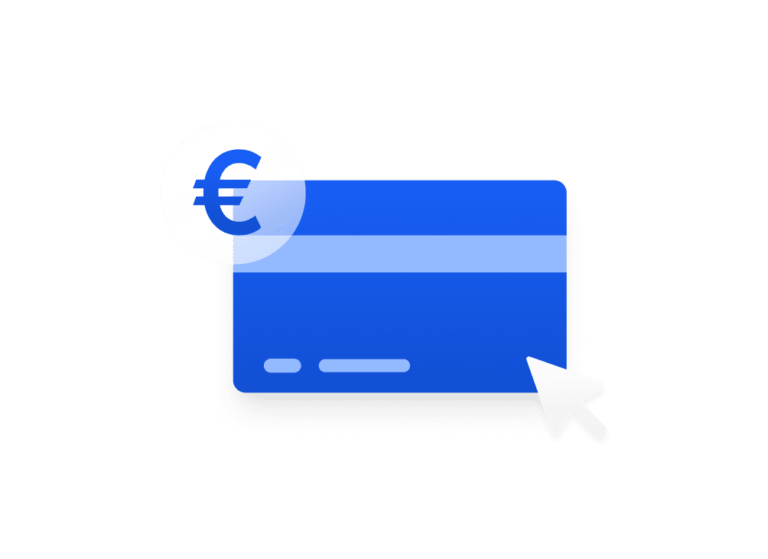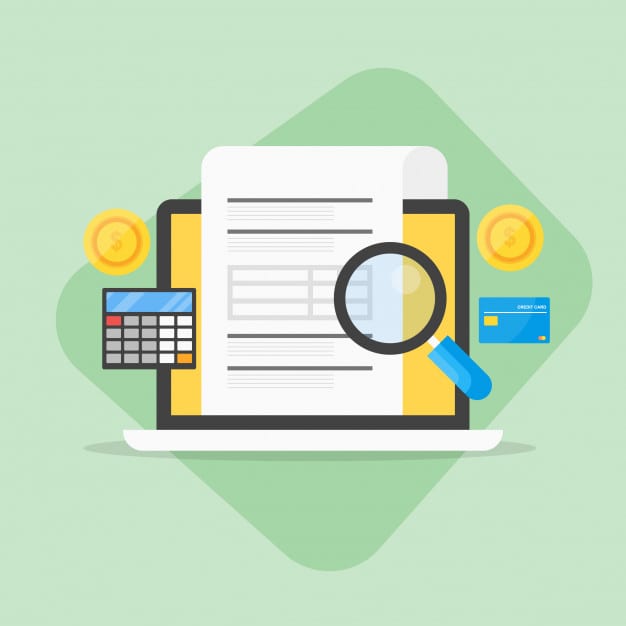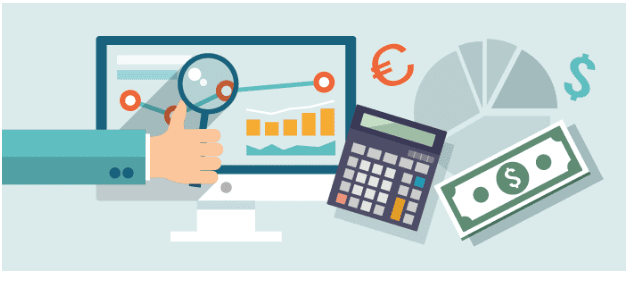As a start-up company, you are more susceptible to failure and going bust than any other company. It’s a sad but true realization, and it’s something you need to understand. There’s a good chance that you will fail. With that being said, one of the key ways you can avoid the possibility of failing and going bust is to properly manage your finances by using robust invoicing, finance and accounting tools.
As a start-up entrepreneur you probably don’t have the time, let alone the knowledge, to completely manage your company’s finances and accounting. Given that it’s an incredibly important part of your start-up which needs to be managed properly, it goes without saying that having the right software solutions in place is key to your long-term operation and success.
Poor Accounting is No Joke
Aside from the fact that financial mismanagement can lead to the demise of your new start-up, it has several other serious problems and implications.
Poor accounting efforts can lead to legal issues such as being indicted for tax fraud and evasion, even if you didn’t know you were doing it, which can lead to massive financial penalties and even criminal prosecution. Not only do you suffer personally from this, but the reputation of your business does too. Accounting tools help you avoid this by staying on top of your taxes.
Invoicing and Accounting Tools for Start-Ups
Fortunately for you, there are many tools which are readily available which can be used for your company’s financial obligations, including invoicing and accounting tools. Choosing these tools are easier said than done, however, because there are so many to choose from.
We have gone to the trouble of having a look at a few of the many accounting and invoicing solutions available on the market so that you don’t have to. Here are the ones we think stand out as the best available:
- FreshBooks
FreshBooks is an invoicing tool which is simple, fast and intuitive to use. There are quite a few unique features offered with this tool, such as being able to see whether your client has seen your invoice (clients can no longer claim to have not been aware of being sent an invoice!) and accepting payments right through the app. You can also schedule payments and the company offers brilliant support to all its customers which has won awards in the past.
If you want to try it, they offer a 30-day free trial with zero obligations attached to it. Their pricing starts at around $20 per month.
- QuickBooks
QuickBooks is a classic piece of accounting software and you have probably already heard of it. There’s a good reason for this, too – if you are looking for an all-in-one accounting solution which does everything from invoicing to payroll and beyond, QuickBooks is the right solution for you. It can even pre-prepare your taxes, fill out forms and be integrated with other applications such as PayPal and Square.
QuickBooks, like many other providers, offers a 30-day free trial and their pricing starts at around $10 per month for the most basic package.
- WaveApps
For smaller start-ups which simply want to streamline the invoice generation and payment process, the 100% free* WaveApps is an ideal solution. It’s got an intuitive interface through which invoices can be generated for pre-defined clients. You can also accept payments through the platform with ease and link up your bank account to it. WaveApps has intricate reporting and analyses all your invoices and payments to deliver detailed reporting.
*Although WaveApps is free, the platform displays advertisements and charges fees for processing payments through credit cards. We think this is a fair trade-off for a free platform.
In Conclusion
As a start-up business it is easy for you to go under. With more start-ups than ever failing, it is vital that you properly manage your finances because this is the leading cause of new companies going under.
Your financial obligations are serious and it’s important to keep on top of them before they get on top of you. The best way to do this, especially as a start-up which is operated solely by you, is to use robust accounting and invoicing tools which can do most of the job for you. When set up properly, they can automate a huge part of your financial











